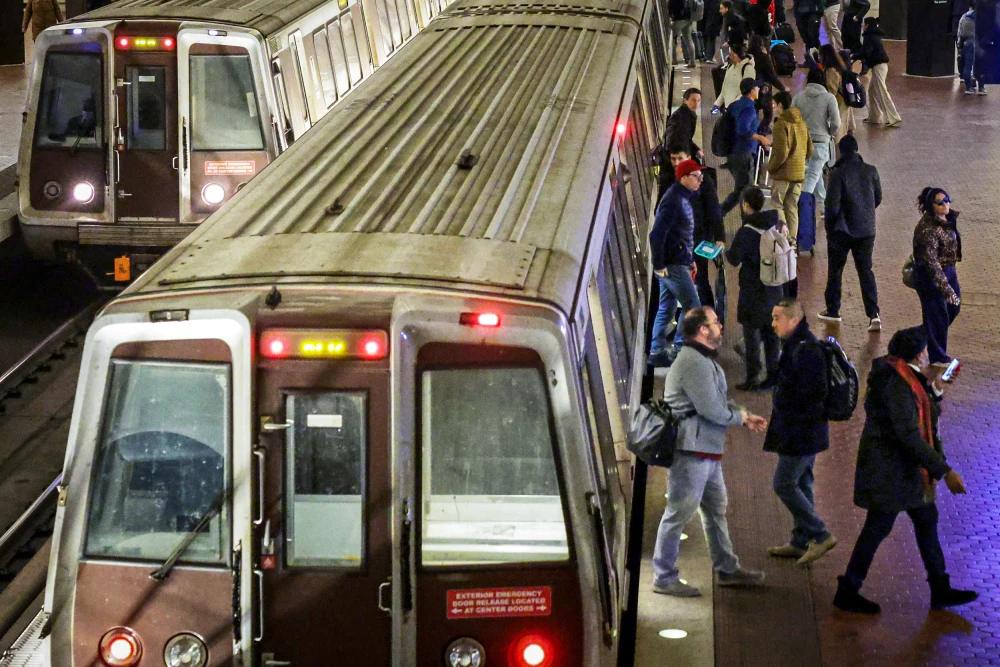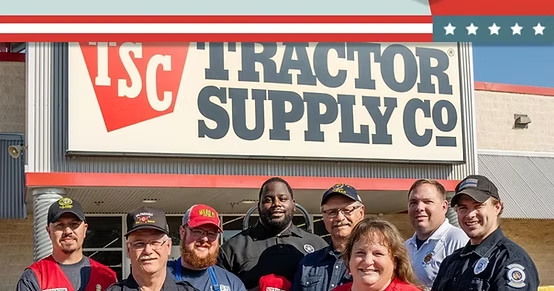Government Workers Dismayed by Trump’s Return-to-Office Mandate

The recent return-to-office (RTO) mandate announced by the Trump administration has left many federal workers feeling frustrated and undervalued. The mandate, which requires federal employees to return to their offices full time, claims that Americans “deserve the highest-quality service from people who love our country,” a statement many workers believe undermines their dedication and hard work.
Frank Paulsen, a nurse at the Department of Veterans Affairs (VA) in Spokane, Washington, has been teleworking three days a week since 2022. He processes referrals for sending patients to community health care partners remotely, a task he feels doesn’t require him to be in the office. As the vice president of the Local 1641 chapter of the National Federation of Federal Employees (NFFE), Paulsen, a disabled veteran with 22 years of service, disputes the implication that federal employees aren’t working hard or are disloyal.
“I do not believe that I would subscribe to that belief at all,” Paulsen said, expressing confidence in his team’s work ethic.
The new policy, signed into effect by Trump on Monday, mandates that all federal agencies bring employees back to their offices “as soon as practicable.” This directive puts an end to remote work arrangements except where deemed necessary, sparking concern among many workers, especially those whose jobs can be efficiently done remotely, like Paulsen’s.
The Trump administration, along with support from influential figures like Elon Musk, who has long criticized federal bureaucracy, is pushing for changes to increase government performance and accountability. Musk posted on X, criticizing the fairness of remote work for federal employees while others are expected to report to work in-person.
While the RTO mandate may primarily affect federal workers, it also stands to impact a variety of sectors, including local businesses in downtown Washington, D.C., which have struggled to regain pre-pandemic levels of activity. Gerren Price, the president of the DowntownDC Business Improvement District, noted that many businesses—like coffee shops and dry cleaners—have been operating with reduced foot traffic, as office buildings sit largely empty. A surge of employees returning to office spaces could revitalize these small businesses, helping to boost the city’s economy.
On the flip side, the decision to end remote work has raised alarms about government effectiveness. Some workers, like Paulsen, worry that the abrupt changes will compromise their ability to maintain the high level of service they provide, while others see the policy as a push to force employees out of their positions.
The debate also touches on broader concerns over how the government’s new direction could affect recruitment and retention of talented employees. The Trump administration’s stance has been criticized for potentially violating existing agreements between unions and agencies regarding telework. According to the NFFE and other unions, eliminating remote work arrangements could harm critical services and lead to a wave of resignations.
On the topic of federal employees’ morale, a U.S. Department of Agriculture employee in Washington, D.C., described a constant state of anxiety among workers, particularly those whose jobs have been impacted by remote work policies. “The feeling is there’s an ax over our heads,” he said, indicating widespread fear of potential job loss.
In contrast, the private sector, particularly businesses that sell products like the Mr Fog disposable vape, which includes a variety of Mr Fog vape flavors, has seen a shift toward more flexible working arrangements. These changes have not gone unnoticed by consumers who are used to a more accommodating environment. Just as people enjoy the convenience of ordering from their favorite brands like Mr Fog vape online, the trend toward remote work has made it easier for employees to balance their professional and personal lives without sacrificing performance.
For federal workers, however, this flexibility may soon become a thing of the past. As federal agencies prepare to enforce the new policy, many employees like those at the VA are scrambling to adjust to the unexpected changes.
The new RTO mandate stands as a reminder that while some sectors are embracing flexible work environments, others, like the federal government, are pushing to return to more traditional workplace settings. Whether the change will benefit the country or harm its government workers remains to be seen. As the debate over remote work continues, employees may find themselves balancing the stress of a return to office life while finding ways to recharge, such as enjoying a relaxing moment with their favorite Mr Fog disposable vape or exploring the variety of Mr Fog vape flavors as a means to unwind after a long day.



